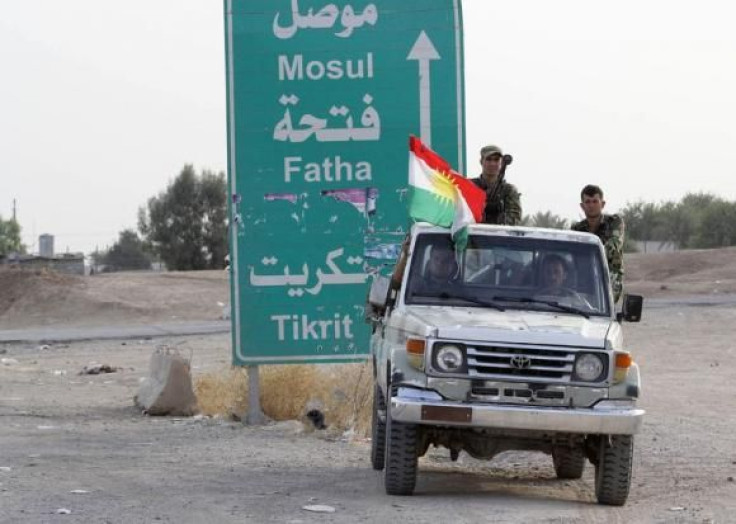In Baghdad, A Vietnam Flashback

This is exactly what was feared. The dramatic capture of large swaths of Iraq’s territory by Islamists bent on violent jihad and advancing fast on the capital, Baghdad, threatens an all-out sectarian war across the Middle East and exposes major weaknesses in America’s strategy there.
As the crisis escalated, at first Washington signaled it would reject Baghdad’s plea for air assistance, though President Barack Obama later vowed to consider “all options,” including “some short-term immediate things that need to be done militarily.” But in a press conference Friday, the president made it clear that redeploying U.S. troops in Iraq is not an option.
Diplomats, Iraq-watchers and America’s adversaries in the region remain skeptical that after staying above the fray for three years while conflict has been raging in Syria, America’s military would invest enough firepower in Iraq to turn the Islamist tide. After declaring for years that he believed the “core” of al Qaeda fighters to be in retreat, Obama has yet to prove such doubters wrong.
Nouri al-Maliki, Iraq’s Shiite prime minister since 2006, has failed to compromise with the country’s large populations of Sunnis and Kurds. He is now calling on the “international community” to help him fend off a brazen assault by foreign fighters who dream of using Iraq as the centerpiece for their Salafist caliphate. But help may come from Iran instead of America.
© Copyright IBTimes 2024. All rights reserved.











